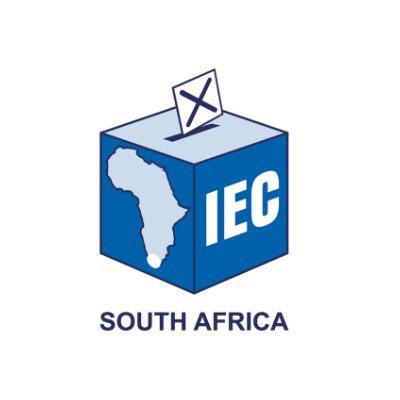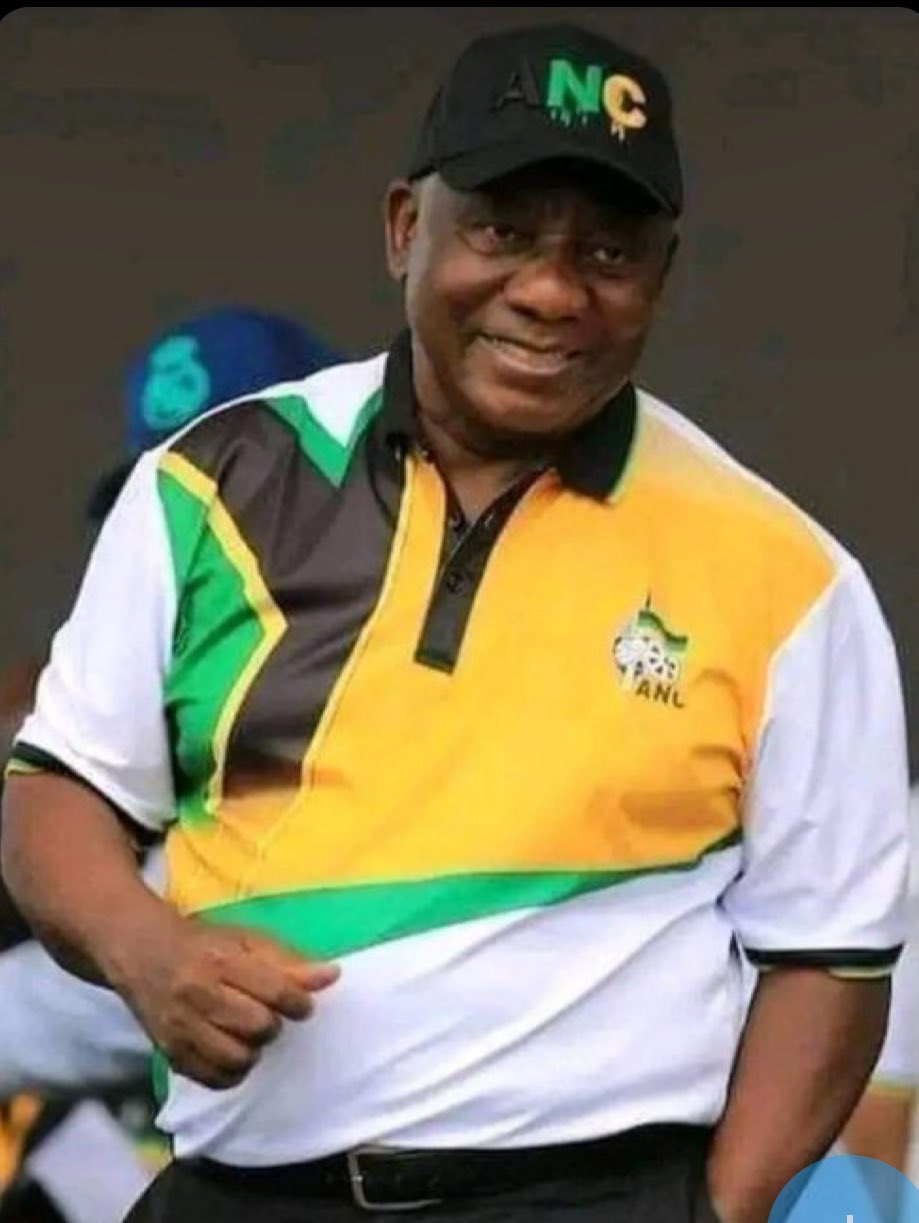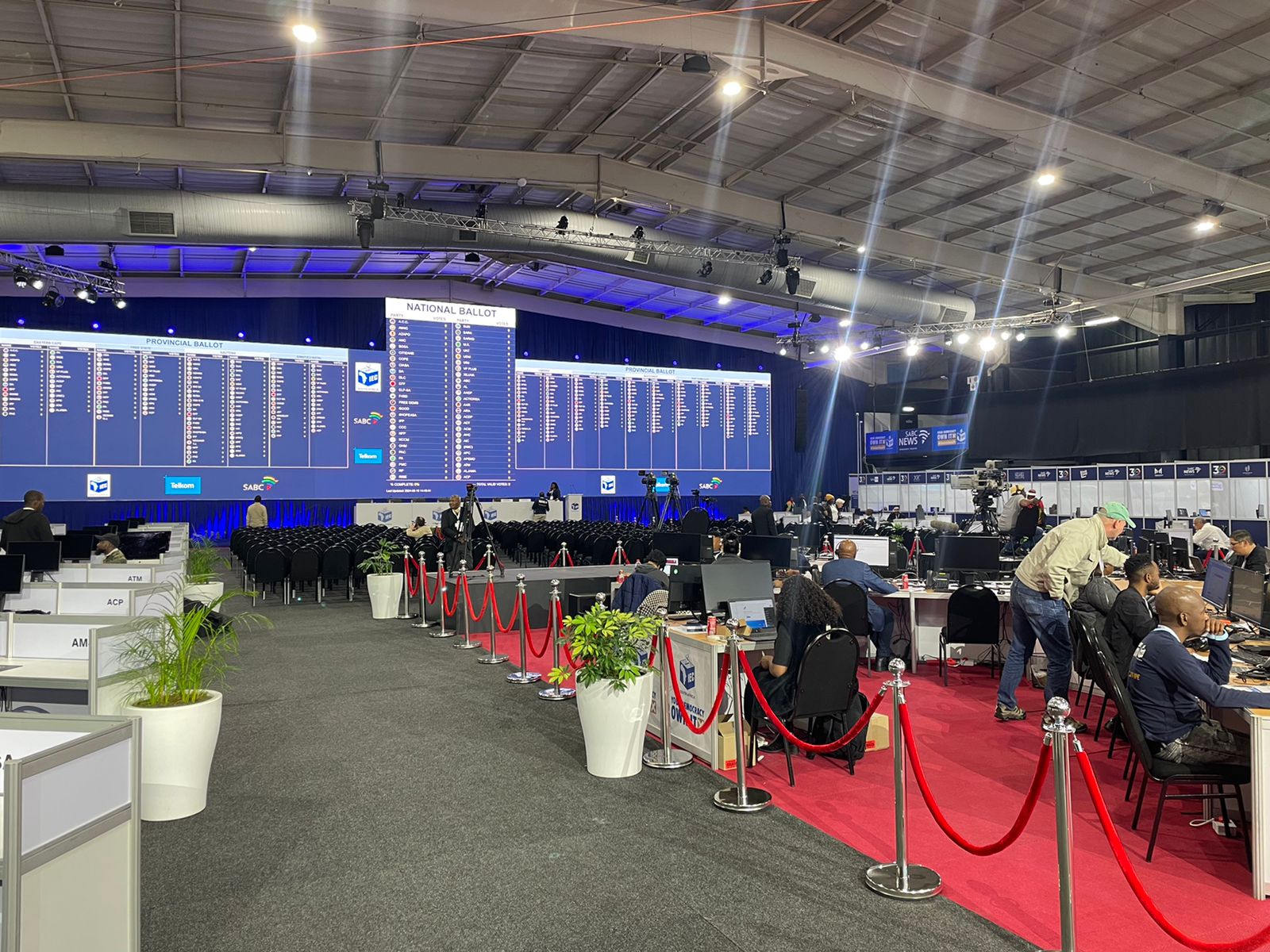South Africa’s proportional representation electoral system ensures that political power is distributed among parties based on the number of votes they receive. However, if no party achieves an outright majority (51% or more) of the total votes cast in a national election, the political landscape can become complex and unpredictable.

Coalition Government
In the event of no party reaching 51%, the party with the most votes may form a coalition government with smaller parties to reach a majority. This requires negotiating and agreeing on a joint governing arrangement, potentially sharing cabinet positions and policy decisions. Coalition governments can be stable and effective, but they also risk being hamstrung by internal disagreements and conflicting interests.
Minority Government
Alternatively, the party with the most votes may decide to form a minority government, relying on support from other parties on an issue-by-issue basis. This can be unstable and may lead to frequent negotiations and compromises. Minority governments often struggle to pass legislation and implement policy, as they lack a clear majority.
Hung Parliament
If no party or coalition can achieve a majority, the result is a “hung parliament.” In this scenario, parties may need to engage in further negotiations or even hold fresh elections to break the deadlock. Hung parliaments can lead to political gridlock and instability, as parties struggle to find common ground.
Kingmaker Role
Smaller parties may gain significant influence in these scenarios, potentially holding the balance of power. This allows them to extract concessions or policy commitments from larger parties seeking their support. The “kingmaker” role can be pivotal in shaping policy and political decisions.
Implications for the ANC

If the African National Congress (ANC) fails to reach 51%, they may need to form a coalition or rely on support from other parties, potentially altering their political dominance and policy priorities. This could lead to a shift in political power dynamics and a more collaborative approach to governance.
Update on Election Results
As of the latest count, with 27.18% of votes counted, the results are:
– ANC: 43.4%
– DA: 24.7%
– EFF: 8.9%
– MK: 8.1%
– PA: 4.1%

While the ANC is currently leading, they are short of the 51% threshold, and negotiations with smaller parties may be necessary to form a government. The DA and EFF have already indicated their willingness to engage in coalition talks. The final results are expected to be announced soon, and the political landscape may shift further as negotiations unfold.






